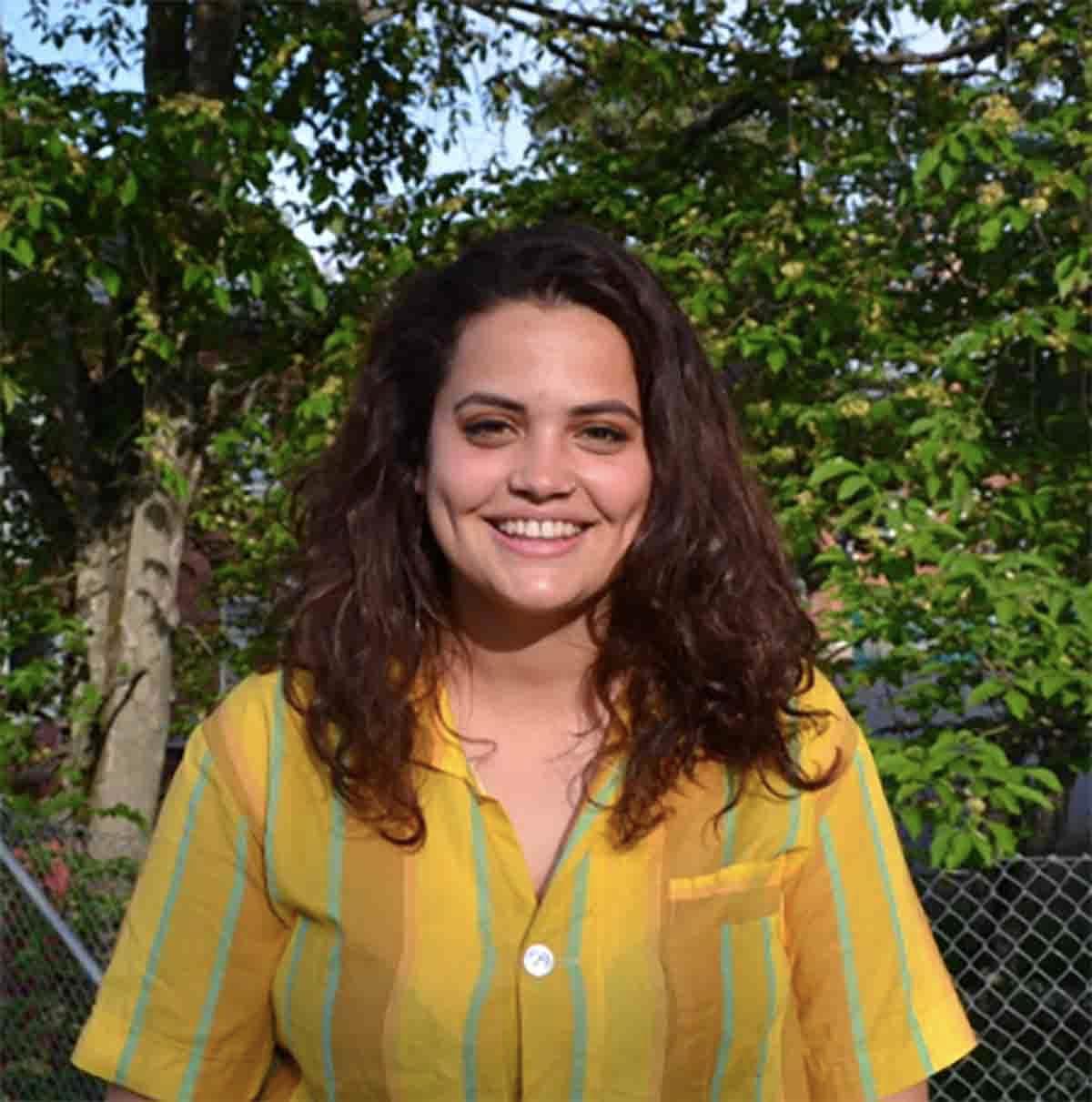
- About UPF-BSM
- Programs
- Faculty and research
- Companies and Organizations
- News & Events
"Communication is essential in empowering communities, and empowered communities lead to changes being made"
12 Enero - 2022
Carla Maria Drury Salgado master thesis' Effective communication to support attitudinal and associated behavioural change to decrease the transmission of malaria has won the UNESCO ESCI-UPF and UPF Barcelona School of Management Chair Award for the best master's thesis on Planetary Wellbeing.
What have you been doing career wise since you graduated from UPF-BSM Master in Scientific, Medical and Environmental Communication?
Since finishing my masters, I have been working as a Project Manager here in Barcelona, at the same company where I carried out an internship during my studies.
I have also been working on a start-up project with a group of alumni from the Scientific, Medical and Environmental Communication Master program. We want to focus on creating communicative and informative content and intervention, to cover socio-scientific topics to do with Planetary Wellbeing.
Congratulations on winning the master thesis prize with your project, what does this mean to you?
Thank you very much! It definitely means a lot to me to have won this prize, particularly as it concerns Planetary Wellbeing, which is a theme that I think is not only very current but requires a lot of attention at the moment.
What is your project on malaria about? How was the idea born, and how was its development?
My project on malaria focused on the use of effective communication to change attitudes and behaviors, with the hope that it could lead to a reduction of malaria infections in a rural area of Mozambique. I use the term effective communication, because I wanted to make sure that the topics and information that the communication intervention covered, were topics that the community could gain value from.
As long as you approach any issue or obstacle head on and with a willingness to both listen and speak, you can resolve most issues with minimal friction!
The idea was born thanks to an existing collaboration that I already had with a small NGO, ParCo, that is based in Vilankulo, Mozambique. I had worked with them on the ground in 2019 and 2020, pre-pandemic. The work I had been doing with ParCo was cantered on outreach activities regarding environmental issues. I continued working with them at a distance, and when I began thinking about my master thesis, I immediately thought how I could use scientific communication to create a project with ParCo.
With malaria being so prevalent in Mozambique, and with so many eradication measures already in place, I wanted to see if communication could be used to ensure these measures were being used effectively.
It was quite difficult not being able to travel and having to plan and organize the project from Barcelona, while it was being run on the ground in Mozambique, but my colleagues at ParCo were a fantastic help, it would have been impossible without them.
What did you learn at UPF-BSM that you apply to your current work?
It might sound cliché, but I learned the value of clear communication in working environments. As long as you approach any issue or obstacle head on and with a willingness to both listen and speak, you can resolve most issues with minimal friction!
What is the role of communication in spreading the SDG?
I think that communication really is the key to the success of the SDGs. In my opinion, there is only so much you can do through actions and initiatives. These need to be paired with communication to make sure all parties involved are on the same page and working towards the same goal. Communication is essential in empowering communities, and empowered communities lead to changes being made.
I would like to keep working in the field of scientific communication, particularly focusing on global health topics.
Taking my master thesis as an example, all participants had access to mosquito nets, as mosquito net access has been a key point in many malaria eradication strategies. However, very few participants, and very few people in general, know that mosquito nets are treated with insecticide, and should therefore be looked after in a specific way to make sure they last. This is a small but clear example of how without communication, interventions will not have a high success rate.
How do you see your future in a few years?
I would like to keep working in the field of scientific communication, particularly focusing on global health topics. As the climate emergency worsens, disparities will become more and more apparent, and this will have a big impact on global health. I mentioned previously that a group of my classmates and I are in the process of building a company, PuntoMedia, and in an ideal world, we want this to grow to be able to create socio-cultural-scientific communication interventions.